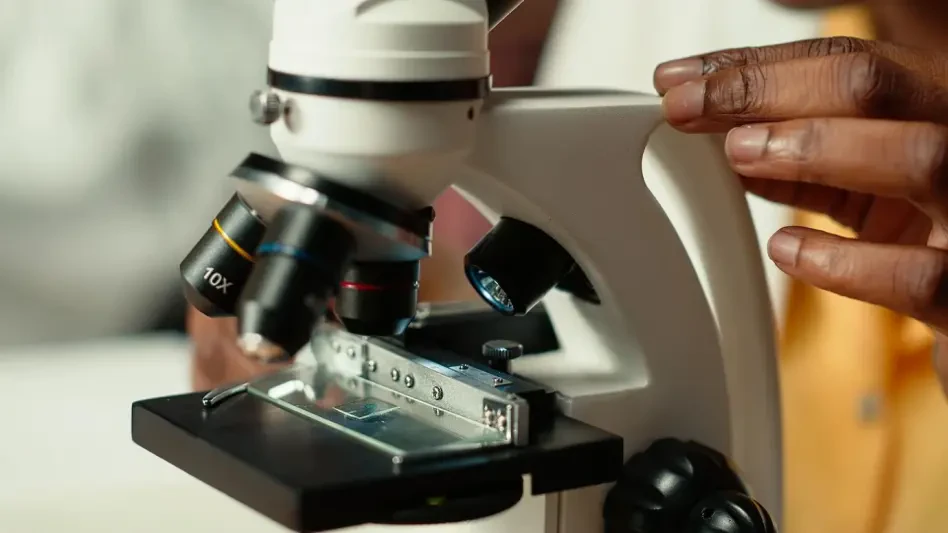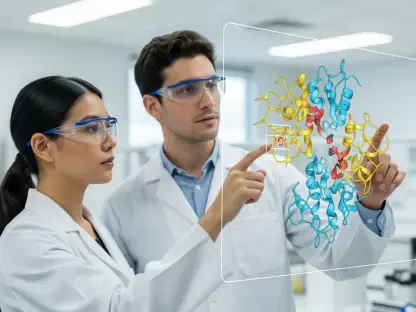Liposomal drug delivery systems stand at the forefront of innovative approaches in pharmaceutical technology, particularly in addressing challenging and rare diseases like biliary tract cancer (BTC). BTC, known for its aggressive progression and limited treatment efficacy, affects approximately 16,000 Americans annually, underscoring the critical need for advanced therapeutic options. Traditional treatments such as surgery and chemotherapy are often insufficient, especially when dealing with advanced BTC cases. This leads researchers and developers to explore cutting-edge solutions like liposomal technology, which promises enhanced drug delivery and efficacy.
Understanding Liposome-Based Drug Delivery
Liposomal drug delivery systems are created using lipid bilayers encasing active pharmaceutical ingredients, optimizing properties such as size, charge, and lipid composition to suit specific treatment needs. The stability and adaptability of liposomes make them promising carriers for therapeutic agents. Specifically, they help extend the plasma half-life of drugs and enhance their pharmacokinetic profiles, allowing for more precise targeting of tumors and better accumulation at the desired site, which is critical in cancer treatment scenarios.
The mechanism behind liposomal delivery involves encapsulating drugs within liposome structures that can fuse directly with target cell membranes, releasing the therapeutic agent precisely where needed. This is notably effective in increasing the anti-tumor efficacy of chemotherapy agents like gemcitabine by improving their delivery to cancerous sites, ultimately demonstrating significant safety and efficacy in prior clinical trials.
Advancements in Liposomal Technologies
Recent innovations have transformed liposomal drug delivery, with advancements focusing on multifunctional and stimuli-responsive liposome designs. Developers have engineered liposomal formulations that adjust to environmental triggers in the body, providing controlled release of drugs and maximizing therapeutic impact. Additionally, the encapsulation of small molecules with tailored liposomal carriers allows for targeted interaction with specific biomarkers, which is a critical step forward in personalized medicine.
One notable recent achievement in this field was the FDA’s orphan drug designation awarded to FF-10832, a liposomal formulation of gemcitabine. This designation signifies recognition of the technology’s potential in treating diseases like BTC, offering incentives such as market exclusivity and developmental support to bring these innovative treatments to patients faster.
Exploring Applications in Medicine
Liposomal drug delivery systems are showing promising applications across various medical fields. In oncology, they are utilized for both localized and systemic treatments, while their efficacy in the delivery of gene therapies highlights their versatility. Additionally, the successful regulatory approval of liposome-based drugs indicates a significant shift toward adopting these advanced technologies for therapeutic solutions. The ability to deliver drugs with improved targeting and reduced side effects is encouraging for developing personalized treatment regimens tailored to individual patient needs.
Addressing Challenges and Future Directions
Despite their promise, liposomal drug delivery systems come with challenges such as ensuring stability, refining scalability, and overcoming manufacturing intricacies. Regulatory hurdles also remain a concern, as the complexity of liposomal formulations demands rigorous clinical testing and validation. However, the pursuit of overcoming these barriers continues to drive research and development efforts in understanding liposome behaviors and improving their application across varying therapeutic areas.
Looking forward, the integration of liposomal systems with cutting-edge technologies like nanotechnology and bioconjugation holds significant potential for further breakthroughs. Research is increasingly focusing on optimizing liposomal characteristics and exploring their combination with other delivery systems to enhance efficiency and patient outcomes for a range of diseases.
Summary and Prospects for Liposomal Innovations
The investigation and development of liposomal drug delivery systems have consistently demonstrated their potential to enhance therapeutic efficacy and offer new solutions for challenging diseases like BTC. FF-10832’s designation and clinical success underscore the value of these technologies and their transformative impact on medicine. As challenges are addressed and integration with other technologies continues, liposomal systems are poised to redefine drug delivery frameworks and significantly improve healthcare outcomes globally.









